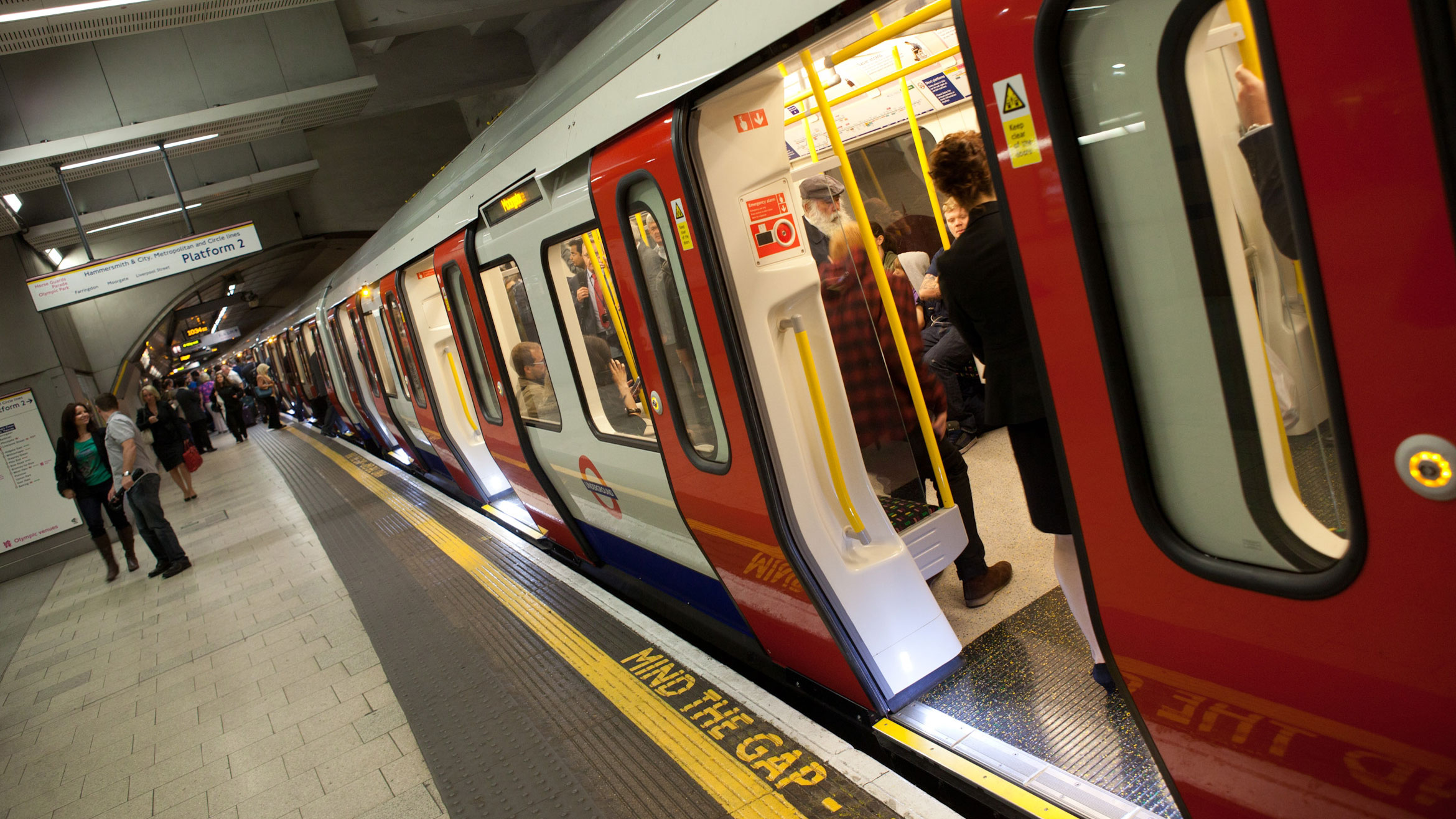Mayor of London makes tube 4G coverage pledge ahead of election
Sadiq Khan wants to bring 4G coverage underground

Sign up for breaking news, reviews, opinion, top tech deals, and more.
You are now subscribed
Your newsletter sign-up was successful
Mayor of London Sadiq Khan has promised to extend mobile coverage to the London Underground if he is re-elected in May, hoping that measures to improve connectivity in the capital will aid its post-Covid recovery.
Although a public Wi-Fi network operated by Virgin Media has been available in stations since 2012, previous attempts to provide a mobile signal to London’s subterranean railway network have failed to get off the ground.
Former Mayor Boris Johnson once declared that mobile coverage would arrive by 2012 and his predecessor Ken Livingstone asked the industry for pitches back in 2005. A more recent target by Transport for London (TfL) was to have full coverage by 2019.
- These are the best business SIM-only deals around today
- And the best business broadband deals
- Here are the best business mobile phone deals
Tube mobile coverage
One of the biggest barriers to deployment has been the difficulty in deciding who would build and operate the required infrastructure given the complexities of the operation.
The cost of building the capabilities would be significant and the economic case is weakened by the fact that operators would not be able to pass the costs onto customers.
However there has been some progress in recent years – trials of 4G connectivity have been held on the Jubilee Line and Capita is to build some network infrastructure in the tube as part of the planned 4G Emergency Services Network (ESN).
Mobile operators have expressed their support for schemes in the past, with several supporting the Jubilee Line pilot.
Sign up to the TechRadar Pro newsletter to get all the top news, opinion, features and guidance your business needs to succeed!
Khan evidently believes the indirect economic benefits of 4G and 5G in the tube would outweigh any associated costs. Many underground railway networks around the world offer in-tunnel mobile coverage and the tube remains London’s last notable major blackspot.
The pledge is part of a wider connectivity plan that also include provisions for fibre and 5G.
“The expansion of 4G on the Tube and 5G citywide will enable Londoners to do everything from preparing pitches and applying for jobs to catching up on emails on the go,” he is quoted as saying by the FT.
The pledge highlights how connectivity has become an important political topic. Central government has launched several initiatives such as the Shared Rural Network (SRN) and ‘Gigabit Britain’ to improve connectivity in areas that have been excluded from commercial rollouts of 4G, 5G and fibre.
While some public money is being contributed to these programmes, they are still reliant on huge amounts of private sector investment. Central and local governments can help improve the business case for building this infrastructure through favourable regulations and making it easier to obtain planning permission.
However, the FT also notes that some within the industry have doubts about whether Khan’s ambitions are achievable – especially since a government contract first tendered after the 2017 General Election has yet to be awarded.
- Here are the best mobile phone deals around today
Via FT
Steve McCaskill is TechRadar Pro's resident mobile industry expert, covering all aspects of the UK and global news, from operators to service providers and everything in between. He is a former editor of Silicon UK and journalist with over a decade's experience in the technology industry, writing about technology, in particular, telecoms, mobile and sports tech, sports, video games and media.